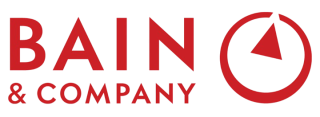Hi all
I recently got an offer for an MBB internship in DACH that I would love to convert to a full time offer!
- What would be the "hands-on" skills I should prep beforehand (Excel and PPT quality and speed, etc.)
- What are soft skills I should try to learn and/or improve beforehand?
- What are the differentiating factors between those that do and those that do not get return offers?
Thanks!
















